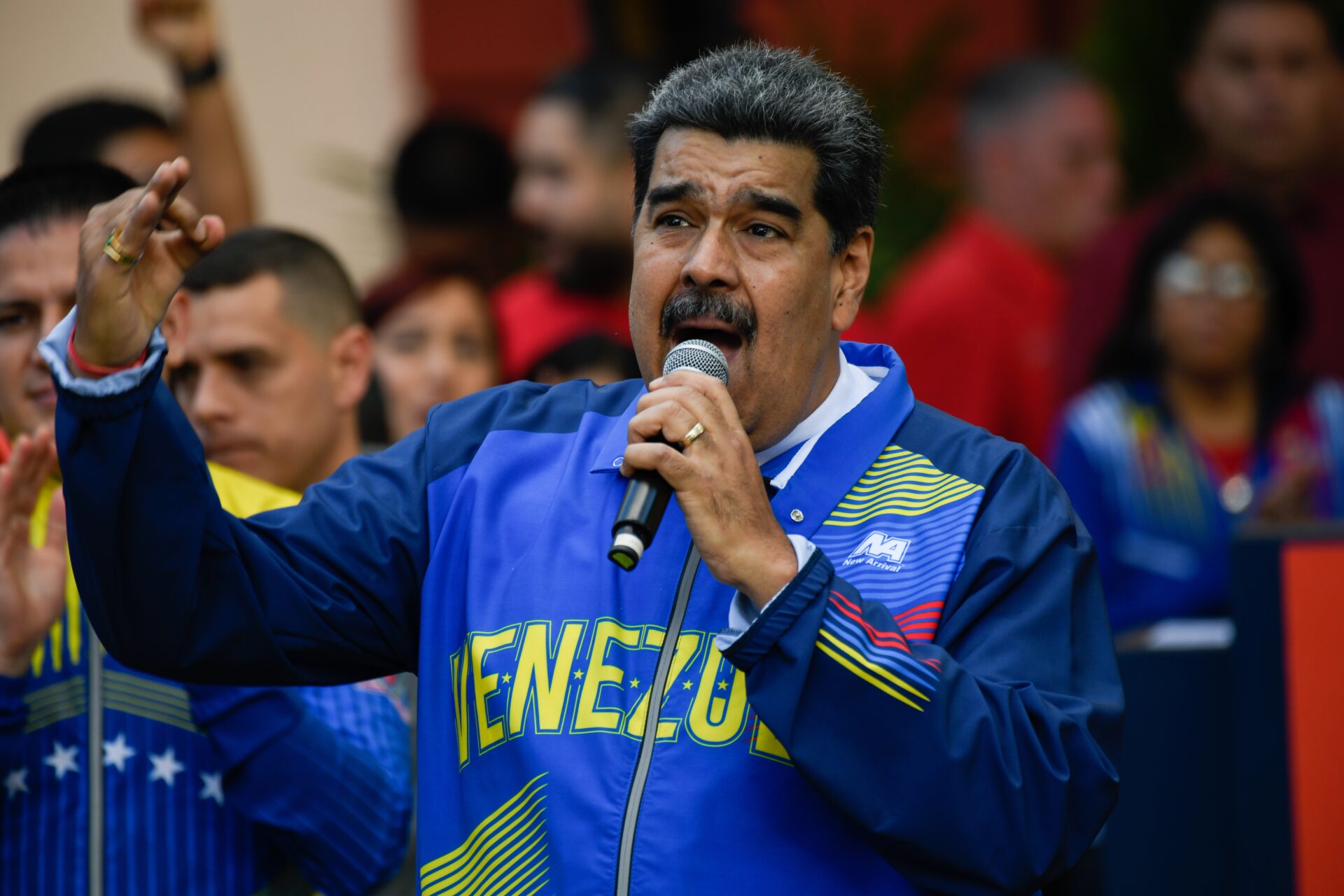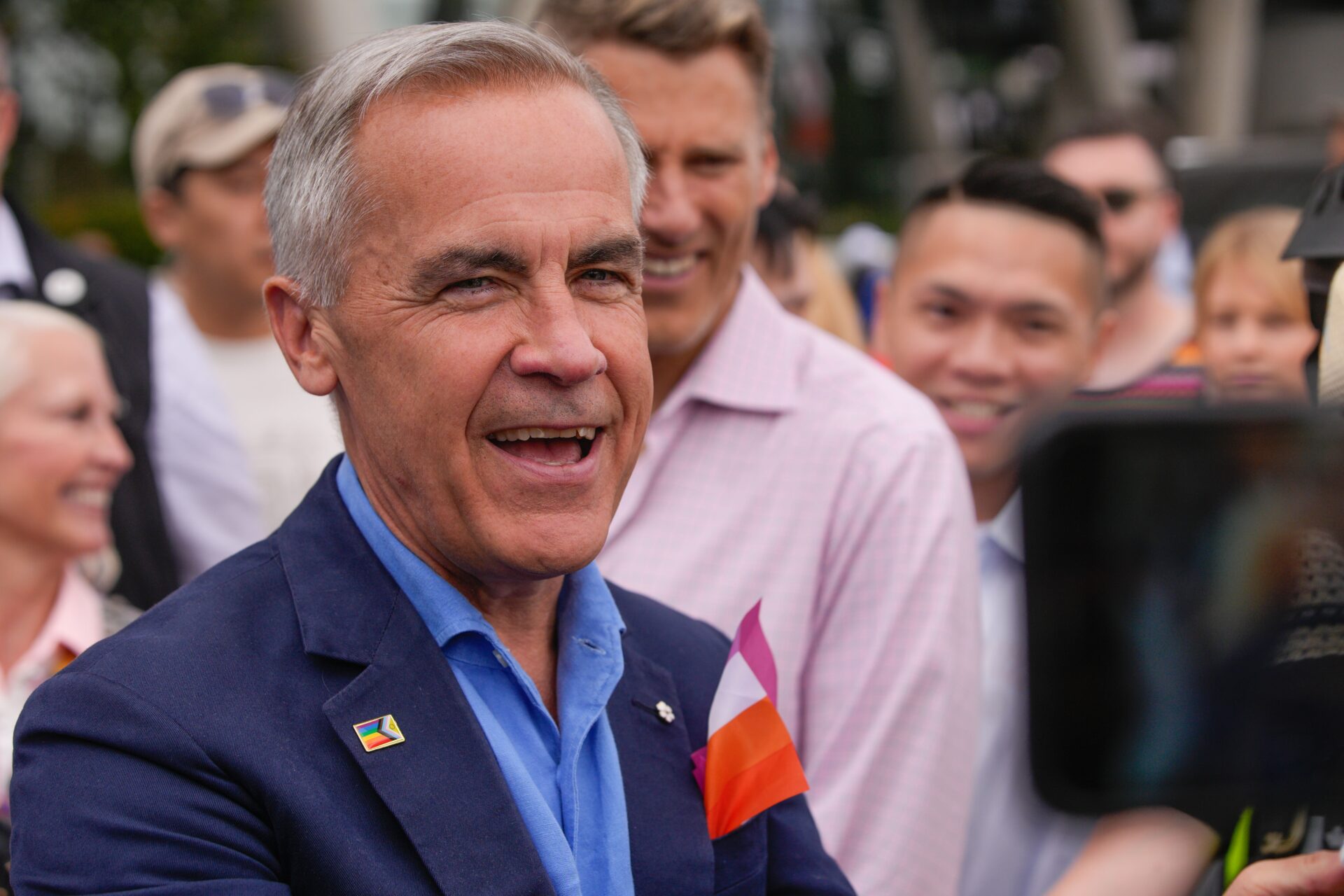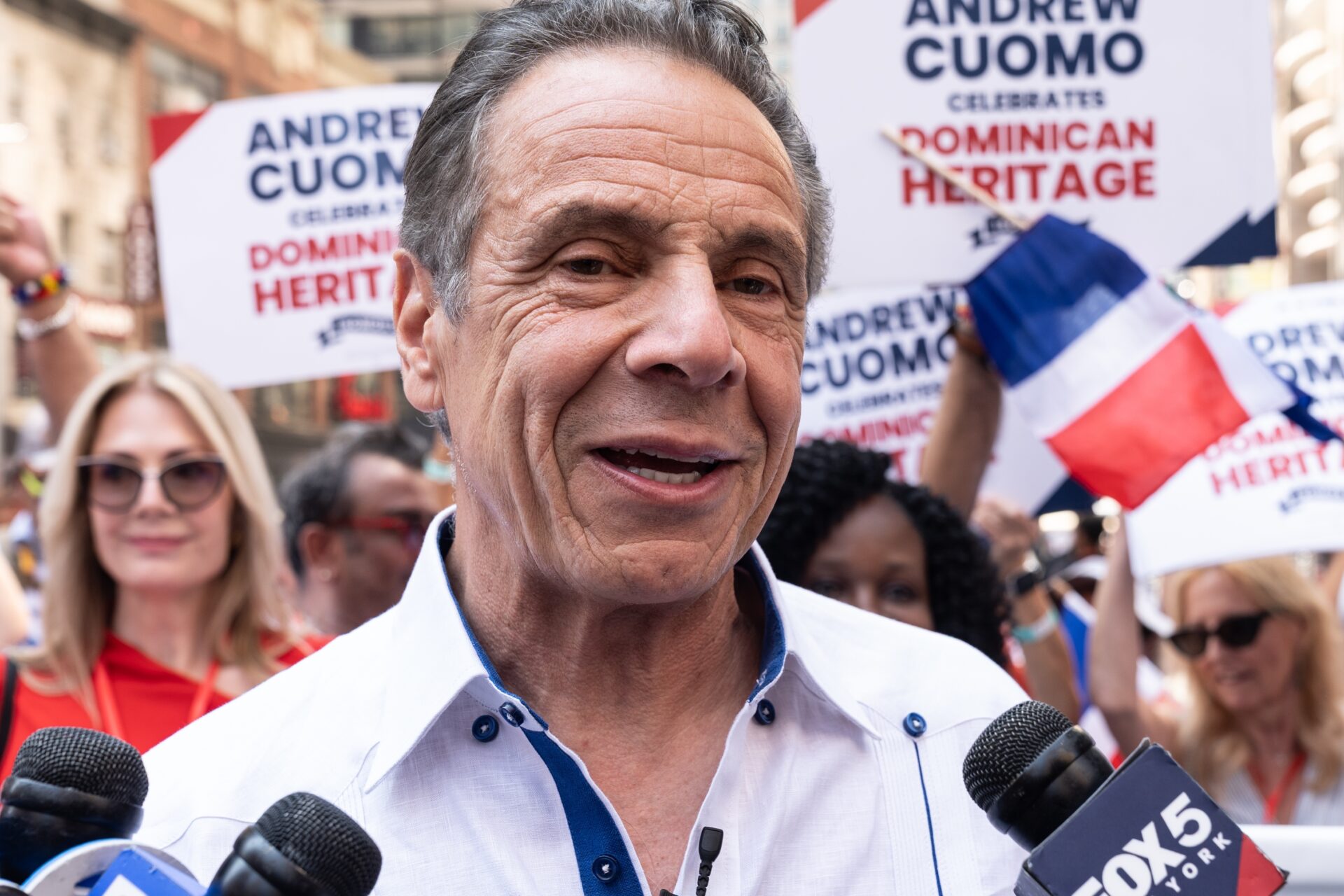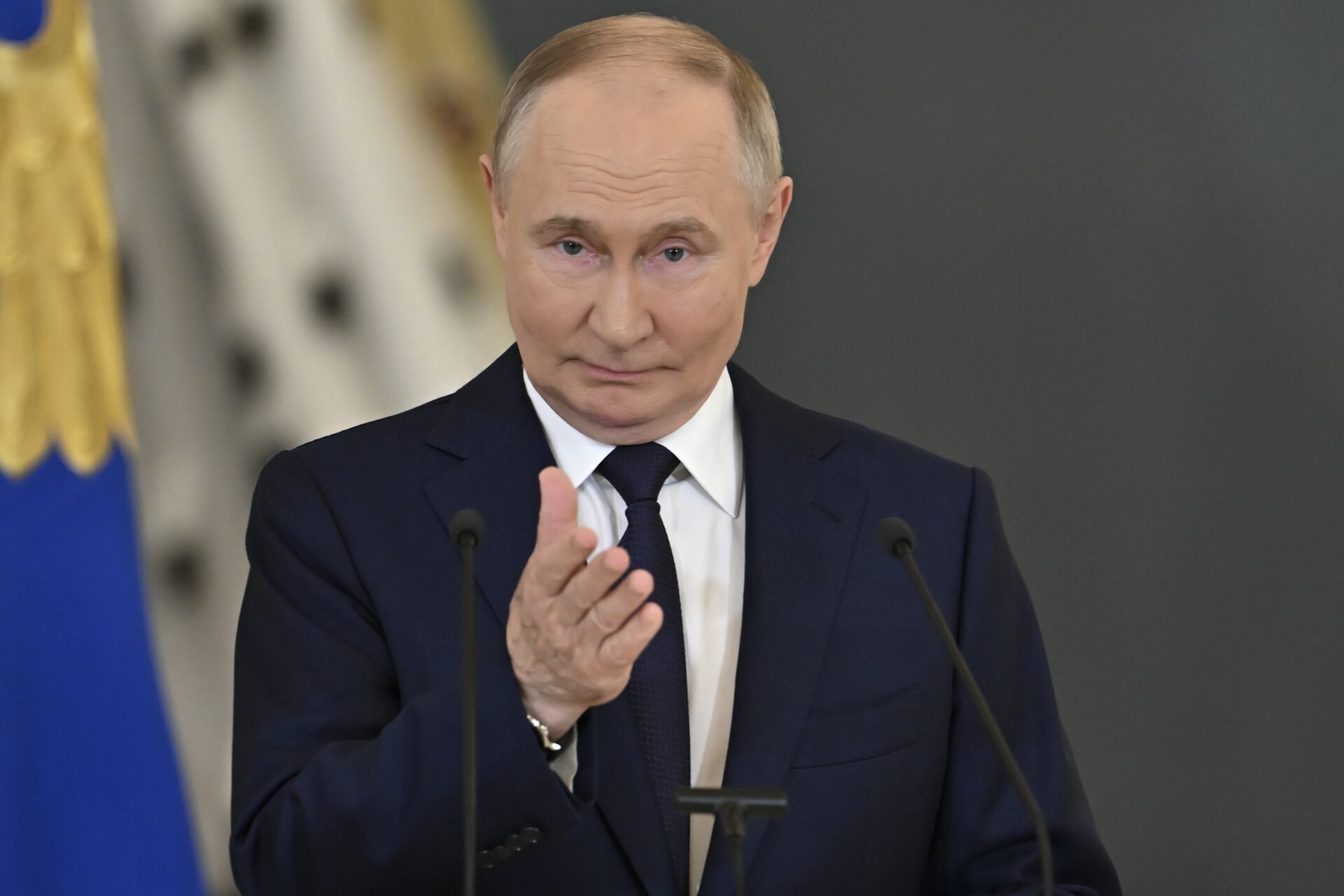
Maduro SCRAMBLES as U.S. Forces Surge!
President Trump’s latest military buildup in the Caribbean has rattled Venezuela’s leadership, triggering a coastal troop deployment by Nicolás Maduro in a volatile escalation.
At a Glance
- U.S. boosts military presence in the Caribbean near Venezuela
- Venezuela responds with coastal troop deployments
- U.S. move aims to curb trafficking and support regional allies
- Maduro’s government remains internationally isolated
- Tensions reflect broader ideological and strategic clashes
Military Maneuvering Escalates Tensions
The Trump administration’s decision to increase military presence in the Caribbean marks a strategic escalation aimed at countering the Maduro regime’s influence. Naval deployments have intensified in recent days, signaling a show of force intended to stifle illicit trafficking and reinforce U.S. commitments to regional partners. Officials have framed the move as part of a broader initiative to preserve law, order, and democratic values across Latin America.
Watch now: Trump’s Caribbean Strategy Explained
Venezuela’s immediate response—dispatching troops along its Caribbean coast—underscores the regime’s defensive posture. Caracas claims this mobilization is for national security, but analysts view it as a reactive measure betraying the government’s underlying vulnerability. Amid a prolonged economic crisis and diplomatic isolation, President Nicolás Maduro’s latest move appears more performative than tactical, highlighting internal fragilities within his administration.
Regional Reverberations and Global Stakes
Neighboring countries, long affected by Venezuela’s political turmoil and criminal networks, are largely welcoming Washington’s muscular intervention. U.S. forces are expected to help clamp down on drug trafficking and other transnational threats that have surged under Maduro’s rule. The deployment also signals a broader message to authoritarian regimes across the hemisphere—Washington remains willing to project power to preserve stability and democratic order.
The Trump administration has emphasized that its goals are both strategic and humanitarian. Officials assert that the increased presence deters aggression and encourages democratic reform. However, critics warn that escalating military activity could exacerbate tensions and provoke unintended consequences. For now, the region is caught between support for decisive U.S. action and concern over potential fallout from a more militarized approach.
Looking Ahead: Diplomatic Pressure, Strategic Watch
Despite the military buildup, the Trump administration continues to promote diplomatic avenues alongside economic pressure. Sanctions remain in place, and U.S. officials are urging a coordinated international response to Venezuela’s humanitarian and political crises. The administration maintains that the goal is not war but a peaceful transition of power supported by Venezuela’s legitimate democratic forces.
The outlook remains uncertain as Maduro clings to power amid growing unrest and persistent economic collapse. With the Caribbean now a focal point of U.S. foreign policy, Washington’s strategic choices in the coming months will be closely watched by allies and adversaries alike. Whether this gambit results in a breakthrough or an entrenchment of the status quo will depend on the interplay between diplomacy, deterrence, and the willingness of international actors to coalesce around a unified response.


